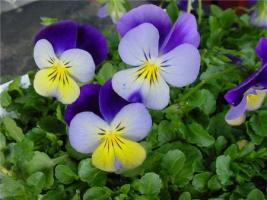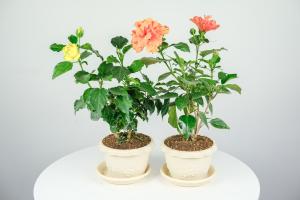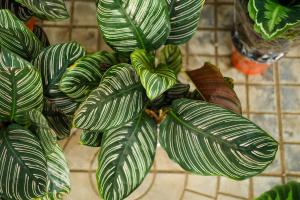Are Clay Pebbles Good for Plants?
Clay pebbles, also known as hydroton or leca (lightweight expanded clay aggregate), are a popular growing medium used by hydroponic gardeners. They are made by baking clay at high temperatures to create a porous and lightweight material that holds water and provides a lot of surface area for beneficial microbes to live. But are clay pebbles a good choice for all types of plants? Let's explore.
Advantages of Clay Pebbles
One of the main positives of using clay pebbles is their ability to retain moisture while also allowing for excellent drainage. In hydroponic systems, the pebbles can be used in combination with nutrient-rich water to provide a stable and controlled environment for plants to grow. They also promote healthy root growth and air circulation, which can lead to bigger yields.
Another advantage of hydroton is that it is a sterile medium, meaning that harmful bacteria and pests are less likely to infect your plants. This makes it an excellent option for indoor gardening or areas with high humidity.
Ideal Plants for Clay Pebbles
While clay pebbles are versatile and can be used with many different types of plants, they are especially beneficial for plants that require a lot of moisture and oxygen, such as leafy greens, herbs, and certain flowering plants. The structure of the pebbles provides plenty of surface area for beneficial bacteria to thrive, which can help suppress harmful pathogens in the root zone.
However, it is important to note that certain plants may not perform as well in clay pebbles, such as those with very specific nutrient requirements or those that prefer a soil-based medium. It is always best to research the specific needs of your plants before committing to a growing medium.
Disadvantages of Clay Pebbles
While clay pebbles offer many benefits, there are a few potential downsides to consider. Firstly, they can be quite expensive compared to other growing mediums like soil or coco coir. Additionally, they can be difficult to transport and store due to their weight and fragility.
Another consideration is that clay pebbles may need to be rinsed thoroughly before use to remove any dust or debris. This can be time-consuming and labor-intensive, especially if you are working with large quantities of pebbles.
Conclusion
Overall, clay pebbles are a good choice for hydroponic gardening and many types of plants. They provide excellent drainage and moisture retention, promote healthy root growth, and help keep harmful bacteria and pests at bay. However, they may not be the best option for all plants or budgets, and the process of rinsing and handling them can be challenging. As with any growing medium, it is important to research your plants' specific needs and choose the medium that will provide the best growing conditions for them.

 how many times do yo...
how many times do yo... how many planted tre...
how many planted tre... how many pine trees ...
how many pine trees ... how many pecan trees...
how many pecan trees... how many plants comp...
how many plants comp... how many plants can ...
how many plants can ... how many plants and ...
how many plants and ... how many pepper plan...
how many pepper plan...






























